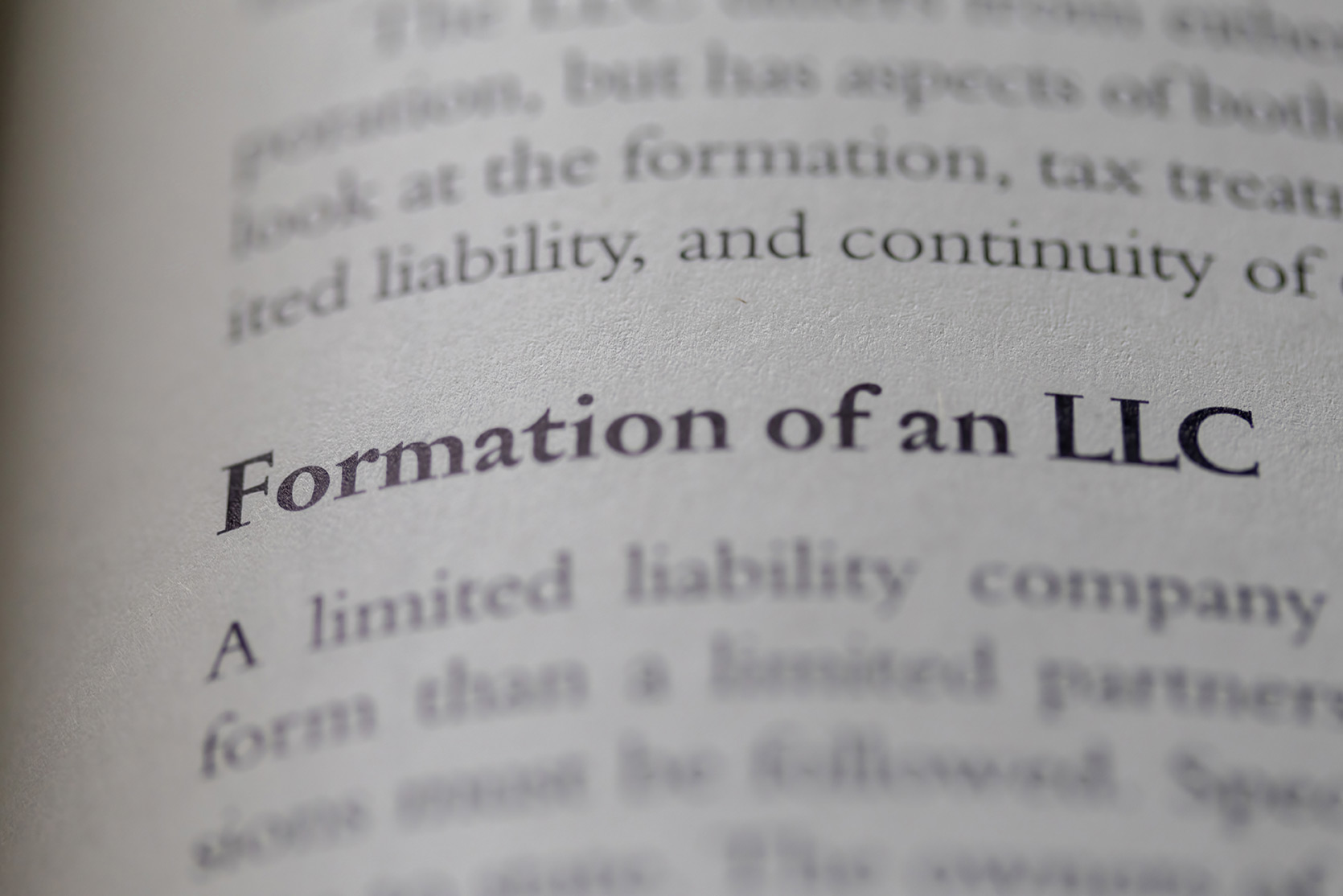Starting a Business? Key Factors to Consider When Choosing a Business Structure

One of the first major decisions all new business owners face is determining what type of legal structure to form. The common choices are sole proprietorship, partnership, limited liability company (LLC )or corporation. While it may seem like a confusing technicality, the business structure you choose has important implications and can impact your business for years to come.
As you start weighing your options, here are some key factors we recommend considering:
- Liability Protection – Does the structure protect your personal assets from business debts and lawsuits? A sole proprietorship provides no legal separation between you and your business. This means your personal assets could be at risk if the business faces lawsuits or debts. An LLC or corporation establishes liability protection so that your personal finances and home are sheltered from business liabilities.
- Tax Treatment – How do you plan to pay yourself? The structure you choose for your business will have different tax consequences and options available for paying yourself as an owner. LLCs also offer flexibility as owners can elect to be taxed as an s-corporation.
- Formation Requirements – Do you know the cost to start each type of business? Sole proprietorships have very limited formation requirements. But to operate an LLC or corporation you must file articles of organization or incorporation with the State. LLCs have publication requirements that can be costly. Corporations are required to hold an initial board meeting after forming.
- Ownership Structure – Are there multiple owners now or plans for investors? Partnerships and LLCs accommodate multiple members, while S-corporations are generally limited to 100 shareholders. S-corporations also require owners to be U.S. Citizens and the business to be U.S. based.
- Management Structure – Who will be in charge of important decisions for your business? Corporations have more formal management structures with a Board of Directors who make high-level decisions along with Officers, such as a President or Secretary. LLCs don’t have a Board of Directors but may have Managers and Officers.
- Capital Raising Ability – Do you anticipate seeking investments in your business? If you intend to attract outside investors, a corporation tends to be viewed more favorably than other structures by potential funding sources.
- Compliance Burdens – Are you prepared to oversee corporate requirements? While corporation must follow more stringent guidelines, such as tracking stock ownership and conducting annual shareholder meetings, LLC compliance is moderate and simpler than maintaining corporate status.
These are some of the considerations when deciding which structure best fits the needs of your new business. It is a good idea to consult with an attorney before forming your business to make sure you choose the right structure. Changing the business structure after it is formed can be costly and may result in tax consequences.
Ready to get started? Let’s talk today.